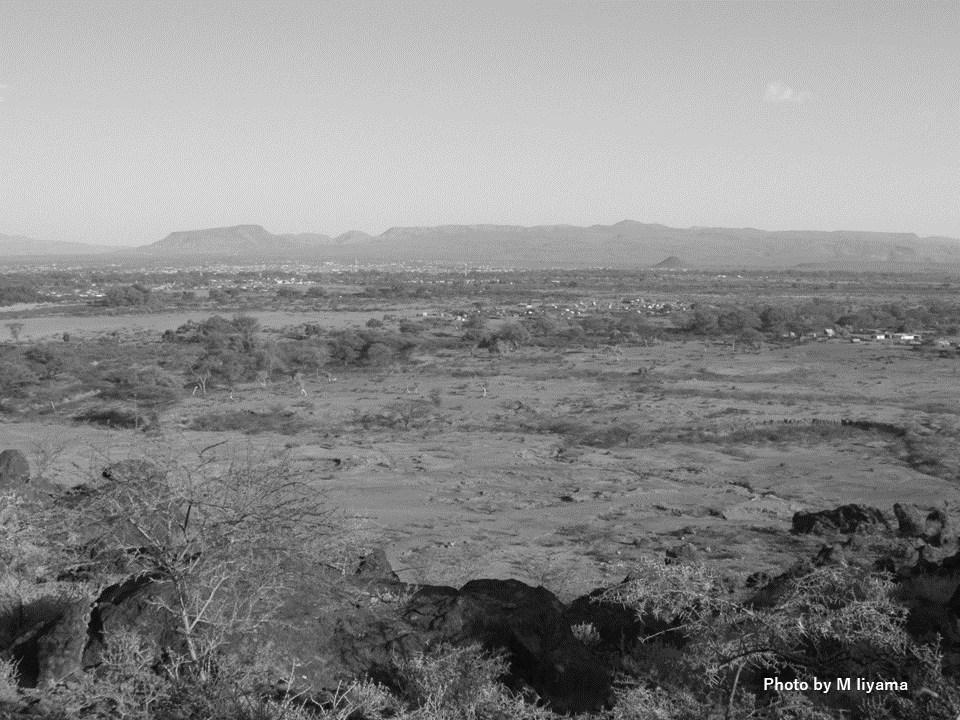Pick Up
718. Addressing Food Systems Loss and Damage

To date, negotiations under the United Nations Framework Convention on Climate Change (UNFCCC) have focused on two strategies: mitigation (actions to avoid warming) and adaptation (planning and investment to adapt to inevitable impacts). However, "too little, too late" in climate change response has led to significant impacts on everything from human lives, incomes, and infrastructure to the survival of biodiversity, cultural heritage, and traditional knowledge. In order to respond to climate catastrophes that exceed the limits of adaptation measures, a third set of negotiations called "loss and damage (L&D)" has become necessary. In response, the 27th Conference of the Parties (COP27) last November discussed "loss and damage" and agreed to establish an assistance fund for damages caused by climate change to developing countries.
A Nature Food article, Responding to loss and damage in food systems, asserted that loss and damage (L&D) caused by climate change could also exacerbate hunger through the collapse of food systems in many regions.
The financial burden of climate change response is being placed not on carbon emitting countries, but on vulnerable segments of society whose economies are most vulnerable to the impacts of climate change. In addition, climate change is forcing food aid agencies to respond to climate disaster L&D beyond the scope of their mandate, placing a strain on the humanitarian crisis support system.
The article welcomes the elevation of the L&D debate from a concept to a concrete financial mechanism at last year's COP, but also characterizes it as the result of a failure to invest sufficiently in measures to mitigate and prevent global warming disasters.
L&D poses a challenge to the international aid system, which faces financial and political tradeoffs among disaster prevention. The lesson from today's disaster relief realities is that communities on the frontlines of the climate crisis cannot afford to wait until greenhouse gas emission reductions are achieved through international climate change negotiations, or until innovations are available to enable access to the financial system.
To address L&D in the food system, countries will need to change the way they respond to climate risks. To respond to more frequent and more intense climate extremes, governments need to be prepared to respond to emergencies that climate change may bring. A crisis-by-crisis humanitarian response approach is not financially sustainable for emergencies that are prolonged due to multiple factors.
Vulnerable communities are already facing crises, and given the limitations of an already cash-strapped humanitarian system, they need a longer-term perspective that is more in tune with the needs on the ground. Above all, they should be prepared for possible disasters in advance, through time-bound measures to protect vulnerable populations and assets in advance, and through investments in resilience strengthening to avoid or minimize L&D and enable risk absorption.
The paper stated that climate change is becoming a test of whether the world can work together to avoid and manage the crisis.
Reference
Laganda, G. Responding to loss and damage in food systems. Nat Food (2023). https://doi.org/10.1038/s43016-023-00702-3
Contributor: IIYAMA Miyuki (Information Program)
